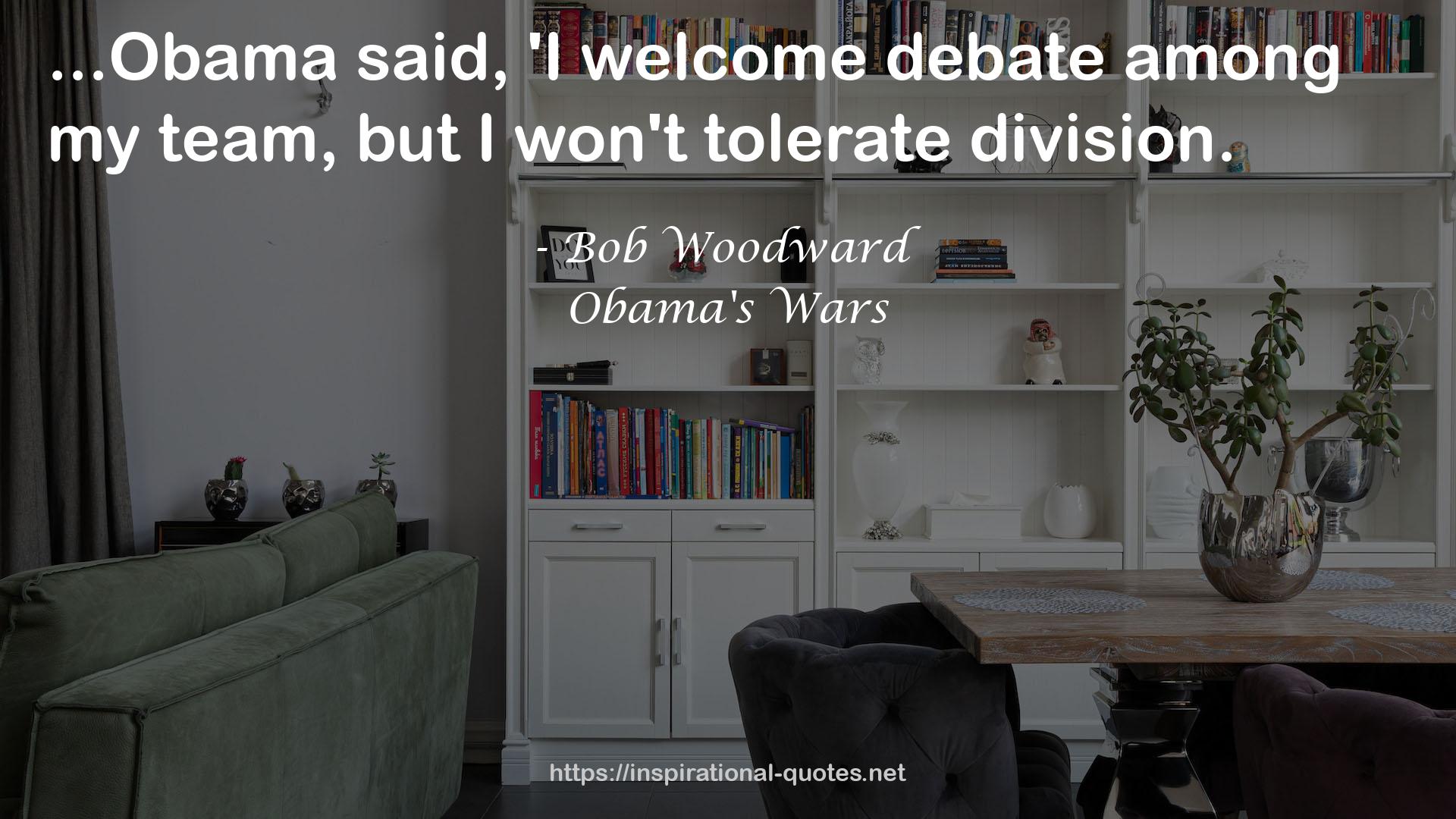Obama's Wars QUOTES
SOME WORKS
- Essay on Classification
- Bandwidth (Analog #1)
- Lila: An Inquiry Into Morals (Phaedrus, #2)
- Cruising the Library: Perversities in the Organization of Knowledge
- The Spiral House
- A Stray Drop of Blood (A Stray Drop of Blood #1)
- The Rough Guide to First-Time Europe
- Fangs Rule: A Girls Guide to Being a Vampire
- One Rainy Day in May (The Familiar #1)
- In Bed With A Stranger (McJames, #1)

